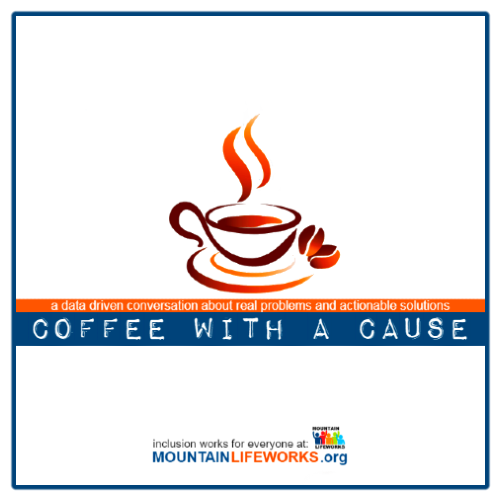
JANUARY 2024 mentoring month
Mentoring programs have long proven to benefit various youth, employment and small business owners. At the same time mentors help many pursue a better life through self-employment and small business ownership. Current small business mentoring programs focus on neurotypical minority-owned, women-owned and veteran-owned small businesses. But upon closer inspection you recognize only service disabled business ownership data is tracked by the SBA. All other disability categories are omitted. Why?
The disability unemployment rate is double
that of those without a disability. Cognition is the leading
category of disability and includes neurodiverse conditions like
ADHD, Autism and others. Data also shows over 80% of the
neurodivergent are under or unemployed. Under and unemployment are
key metrics triggering government healthcare and other benefits.
Perhaps this explains why the DOL reports average disability
unemployment rates instead of the rate for each of the 6 categories
tracked by the CDC?
Small Business Economic Profile CO (sba.gov)
Disability and Health Overview | CDC

Coffee with a Cause january 2024
The SBA reports 2 out of 3 jobs or 66% of all
jobs created over the last 25 years were generated by small
businesses. Recent data indicates 8 out of 10 or 80% of all small
businesses in
Neurodivergent, disabled and family caregiver
owned small businesses may appear like other businesses on the
surface, but they have very different motivations and mentoring
needs. At the same time they provide very different but necessary
benefits to individuals, communities and economies. Although the
Colorado Disparity Study reported only 3 cents of every dollar
allocated to disability-owned businesses reaches them... so far
nothing is being done to close these documented mentoring gaps and
economic disparities.
State of Colorado Disparity Study | OSC
Disability & Health U.S. State Profile Data: Colorado | CDC

Coffee with a Cause january 2024
Access to healthcare is a systemic barrier
directly related to unequal access to meaningful employment and
health insurance. Many people living with disability face employment
discrimination and have difficulty accessing full-time employment.
Those who do work often only obtain part time and/or temporary work
which does not usually include access to health care benefits.
People with disabilities are nearly 3X as likely to live in poverty,
and earn a median income one-third less than those who do not have a
disability.
Disability IN data reveals disability owned
businesses employ 10X the employees with disabilities compared to
non-disability owned firms. SBA data also shows next to
homeownership small business ownership is the second best path to
build wealth. Disability benefits from government agencies do not
provide enough funding to live independently or in assisted living.
Small business ownership helps the neurodivergent, disabled and
family caregivers have a path to homeownership and health insurance
options while promoting independent living and decreasing long-term
benefit costs.
Remember a balanced approach uses verified data to identify problems and to propose actionable solutions. Only those willing to have difficult conversations can solve difficult problems. The first step to solving any problem is accepting the data indicating a problem... not blaming the messenger or method of delivery.
So join us for Coffee with a Cause and let's keep the conversation going each month with more data and actionable real life solutions!